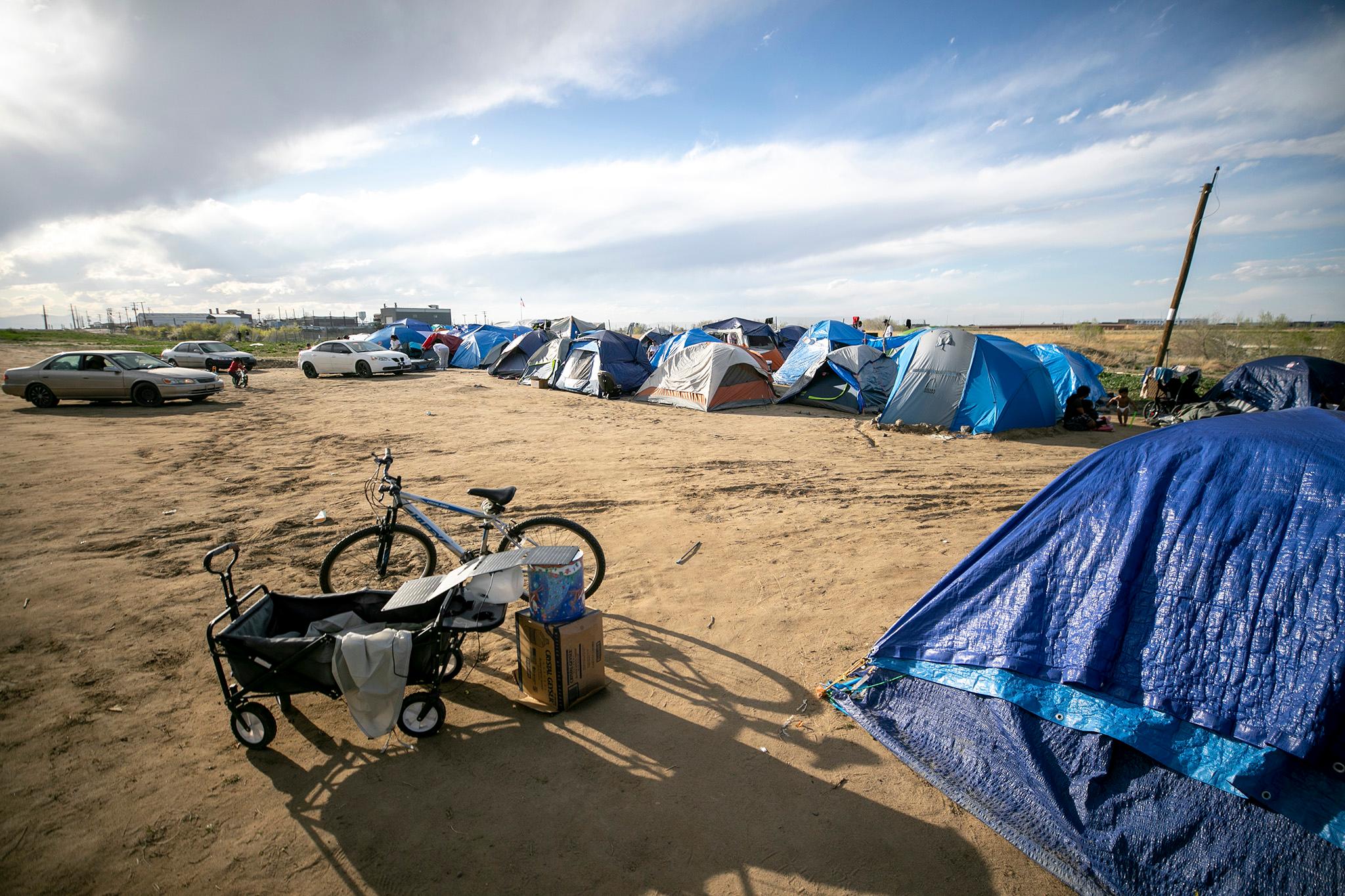When children started showing up in sidewalk encampments last year, informal groups of Denverites — mostly moms — popped up on Facebook to coordinate aid for so many new immigrants slipping into homelessness.
While most people living in these camps were vetted by U.S. border officials and allowed to enter the country, many would have to wait months before the federal government allowed them to work and support themselves. They had nowhere else to go.
Newly activated volunteers started by delivering diapers, food and coats to people living outside. Before long, many felt they needed to ramp up their involvement. Some invited families into their homes, to live in spare bedrooms or mother-in-law suites. Though they had support from their peers, there was never an official organization to help hosts navigate all that sharing their houses entailed.
A new initiative will formalize that process. Organizers are hoping it will give confidence to people who are interested in hosting someone in their homes, but are maybe on the fence.
Starting May 1st, you can call 211 and sign up to be matched with someone looking for a place to live.
Matchmaking intake will be handled by Mile High United Way, the network of nonprofits that run 70% of all 211 call centers in the U.S. Kasey Harlos, senior director for Denver's 211 program, said her teams will be ready to ask all kinds of questions, then pass information on to help connect hosts with compatible guests.
All that data will go to Hope Has No Borders, a new organization recently assembled by a group who started in those informal, online mutual-aid groups. They came with experience helping people connect, and they'd been looking for help growing their cause. When the city said they couldn't help, organizers found a home with United Way.
"While it is a new program with a formal process, it's something we've already been doing," Hope Has No Borders cofounder Andrea Ryall told us. "We’re well equipped to open housing in our communities."
Before they formed a true organization, Ryall said she and other online organizers helped about 50 people find rooms across the metro. They've gotten a sense for how to do this right, she added, and have built those lessons into this new program.
Their experience led them to write up boilerplate leases, which she said will be modified to accommodate however long people can offer up space in their homes.
"It's a lease with everything packed in it, including house rules," she said.
Ryall said Hope Has No Borders will give hosts stipends to help offset costs like utilities and groceries, and also assign case managers to each host and guest pairing. If there are any conflicts, hosts and guests will have a higher authority to appeal to.
"One of the biggest barriers is that people don't want to navigate this on their own," Ryall told us. "We have the grassroots movement to back up all of that, too."
Ryall said they plan to pay for case management with money they hope to access through grant offerings. Harlos said United Way will help them work towards that funding. But the grassroots movement Ryall mentioned will help with a lot of other logistics, tapping the thousands of people already signed up on Facebook pages to fill whatever needs arise. Some may help match hosts and guests based on the questions they answer when they call 211, others might just offer advice.
Harlos said United Way was waiting to connect with an organization willing to do this work, who could use their experienced call-center staff to help offset how many new immigrants faced homelessness.
New immigrant families looking for shelter will be able to call 211 to ask for housing, too, though Harlos said that side of things won't open for a few more weeks. Like so many service providers that have pivoted to lend a hand with new immigrant arrivals, she worries they might be overwhelmed with calls from people in need, so they're easing into things as they seek to help people move out of tents and into bedrooms.
"We're just so excited that there's a nonprofit that's willing to step in and tackle this head on, because housing, sheltering — it's had a huge impact on our city," she told us. "Hope is doing it and — this is really cliché — I really have hope that this is going to go well. I think they've really thought of everything."













